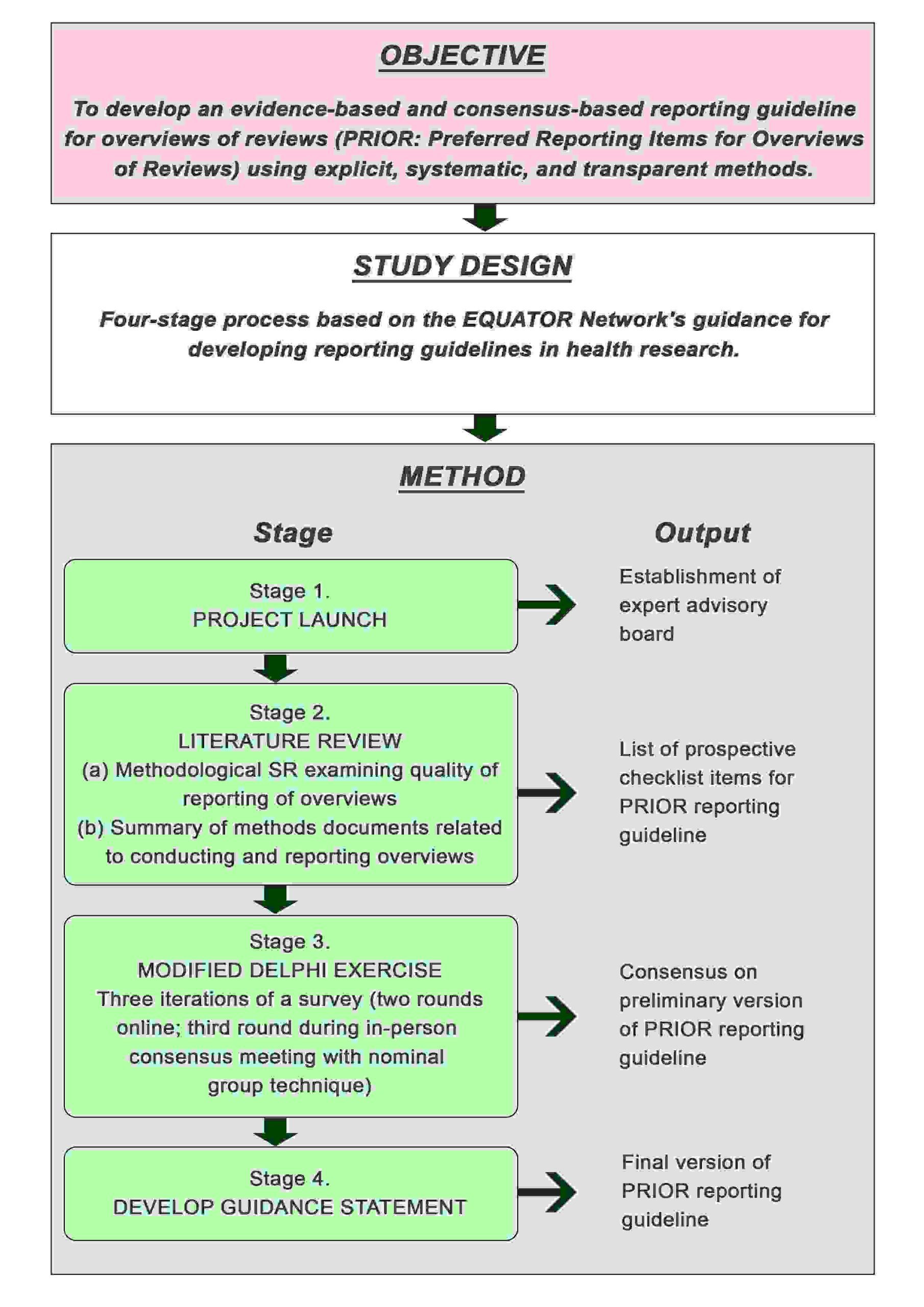
A striking reality is shown in “The Truth Behind Research Transparency”: many studies are erroneous, fraudulent, or incomplete. To guarantee credibility and trustworthiness, research must be transparent.
Reporting checklists and guidelines like CONSORT and PRISMA offer a solution which standardizes research reporting while encouraging accuracy and accountability.
What Is the Reporting Guideline Checklist?
A checklist of reporting guidelines is one tool that helps researchers ensure they include all the information they need when reporting study results. STROBE for observational studies, PRISMA for systematic reviews, and CONSORT for randomized controlled trials are a few examples. By standardizing reporting, these criteria encourage accuracy and transparency in research papers.
What Is the Name of the Network That Publishes Guidelines Checklists for Reporting Research?
An international program called the EQUATOR Network encourages research study reporting of the highest caliber.
Its goal is to guarantee accurate and transparent research reporting through developing, distributing, and applying reporting guidelines and checklists, such as CONSORT, PRISMA, and STROBE. The network offers training and resources for scholars, publications, and institutions.
What Is the Purpose of Reporting Guidelines?
Reporting guidelines and checklists aim to raise the standard and precision of research, promote accountability and transparency, improve repeatability and teamwork, and enable enhanced policy and decision-making based on research findings.
By following these recommendations, researchers can ensure their studies are well-designed, published, and helpful in guiding healthcare decisions.

Benefits of Using Reporting Guidelines and Checklists
Using checklists and reporting criteria has many advantages. Guidelines that guarantee thorough reporting of procedures and findings enhance the quality and accuracy of research. Since researchers are required to reveal all pertinent data, there is an improvement in transparency and accountability. Collaboration and reproducibility are increased because lucid reporting makes study replication and comprehension easier.
Excellent research can help policymakers and decision-makers make more informed and evidence-based decisions by providing helpful information. By employing reporting guidelines and checklists, researchers can ensure that their work has a significant influence on the scientific community and society at large.
Implementing Reporting Guidelines and Checklists in Research
Researchers should find pertinent guidelines for their study design, apply them while conducting research, and submit completed checklists with their manuscripts to incorporate reporting guidelines and checklists.
Successful implementations include the use of STROBE in observational research, PRISMA in systematic reviews, and CONSORT in medicine. By adhering to these criteria, researchers can guarantee transparency, correctness, and reproducibility in their work.
Conclusion
To sum up, checklists and reporting criteria are crucial resources for improving research’s reproducibility, correctness, and transparency. We strongly encourage researchers, journals, and organisations to adopt and incorporate these checklists and guidelines into their research procedures and policies.
By doing this, we can increase the integrity and significance of research by fostering a culture of responsibility and transparency. By working together, we may improve the calibre and dependability of research, advancing the field and society at large.
References
- https://www.equator-network.org/
- https://authors.bmj.com/before-you-submit/reporting-guidelines/
- https://www.ncbi.nlm.nih.gov/pmc/articles/PMC6421355



